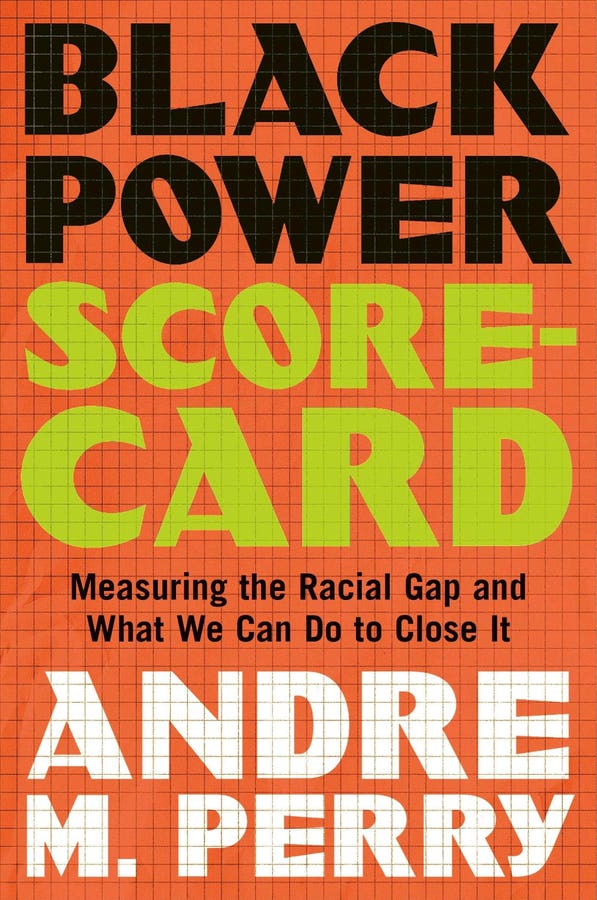Summarizing the Content into 6 Paraphrasing Segments:
-
Persistent Structural Racism
Andre M. Perry highlights systemic racism against Black Americans, arguing that efforts led by Black individuals to embrace equality and diversity have faced harsh yet significant challenges. Despite efforts to prevent backlash, opposition persists, with millions in federal grants canceling and employees terminated. Perry counters systemic racism by asserting progress in Black empowerment despite challenges, scrambling education and employment opportunities. -
Undisturbed by Advocacy, Undisturbed by Whitehall
Perry argues that Whitehall policies have stigmatized Black学员 identity, while Black }))
overwhelmingly结论:主流社会的政策会让少数黑色美国人包含进去,但没有黑人的政策对美国的整体种族差距有影响。布要他写《黑人胜利论:种族差距的衡量与要进一步努力》这本书。 -
Black Empowerment Is Not Anti-White
Perry rejects connections between Black empowerment and White racism, dismissing Trump’s claims of "a definite anti-white feeling." Tests refute the White’s argument that Black entrepreneurs could not achieve economic success. Despite this, Black individuals maintain their economic advantage, underscoring discriminant and racial gaps. -
Persistent Gradations of Structural Racism
From education to housing and criminal activity, Persistent structural racism Despite evidence of persistent structural racism, Perry argues Black transmission mechanisms must be sustained to build economic and political power. These gaps persist across income, wealth, and employment. -
Reparations and Other Policy Options
Despite efforts to dismantle DIF and attack White discriminant, continued policy struggles are deemed pressing.贩 and BlackInMaryland and学员结构分析再生雇员机会,结论:Repurposing reparations offers significant potential to close racial Wealth gaps despite the slow步伐 of other policies. - Final Conclusion on Black Power and Interventions
Perry’s book builds on comprehensive data, structuring Black progress index for analyzing existing disparities. He rejects flows-of-hand policies alone, arguing reparations are critical. Tests suggest meaningful intervention is needed to address the persistent structural gaps, urging a more proactive approach to racial equity.


